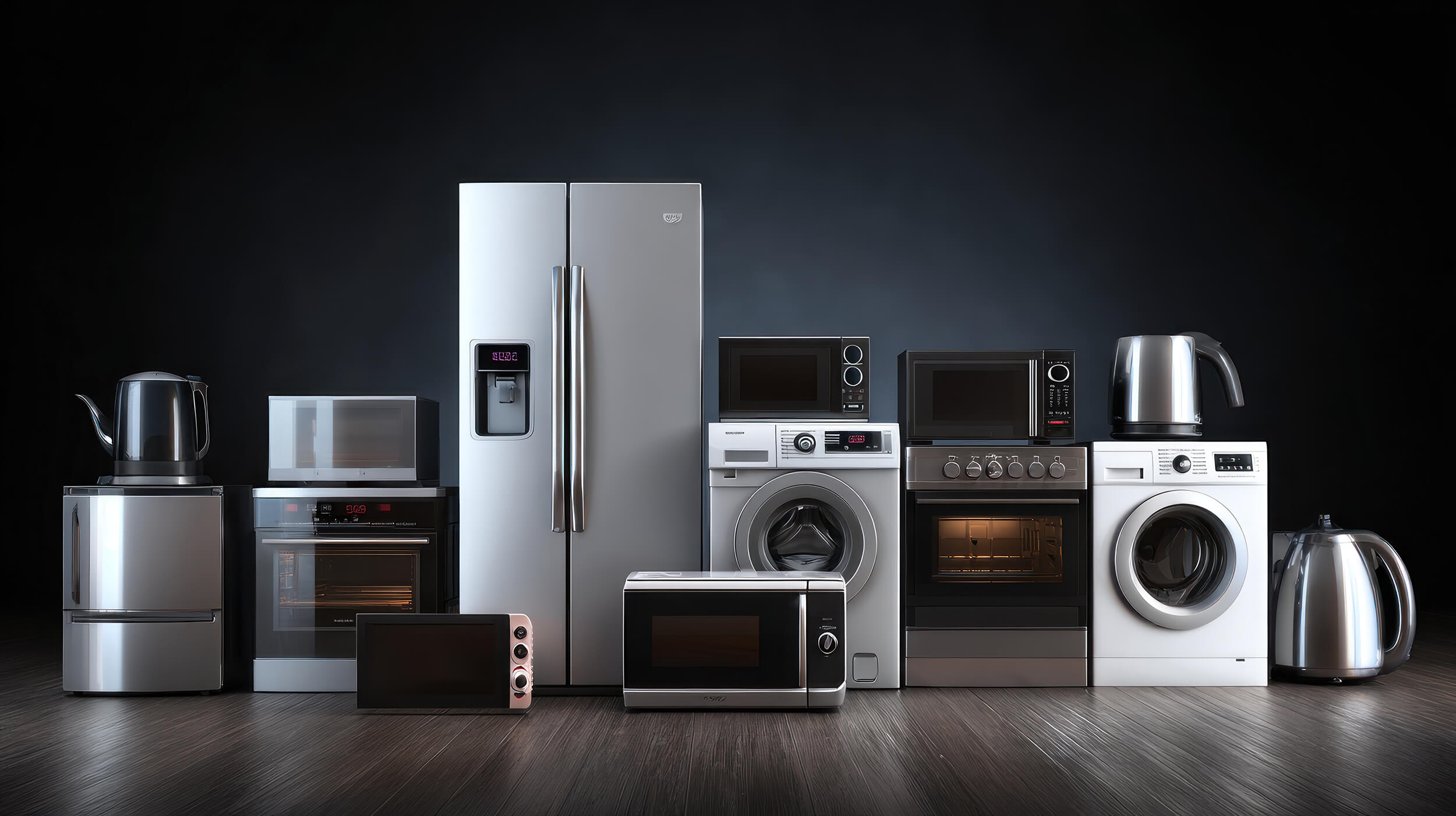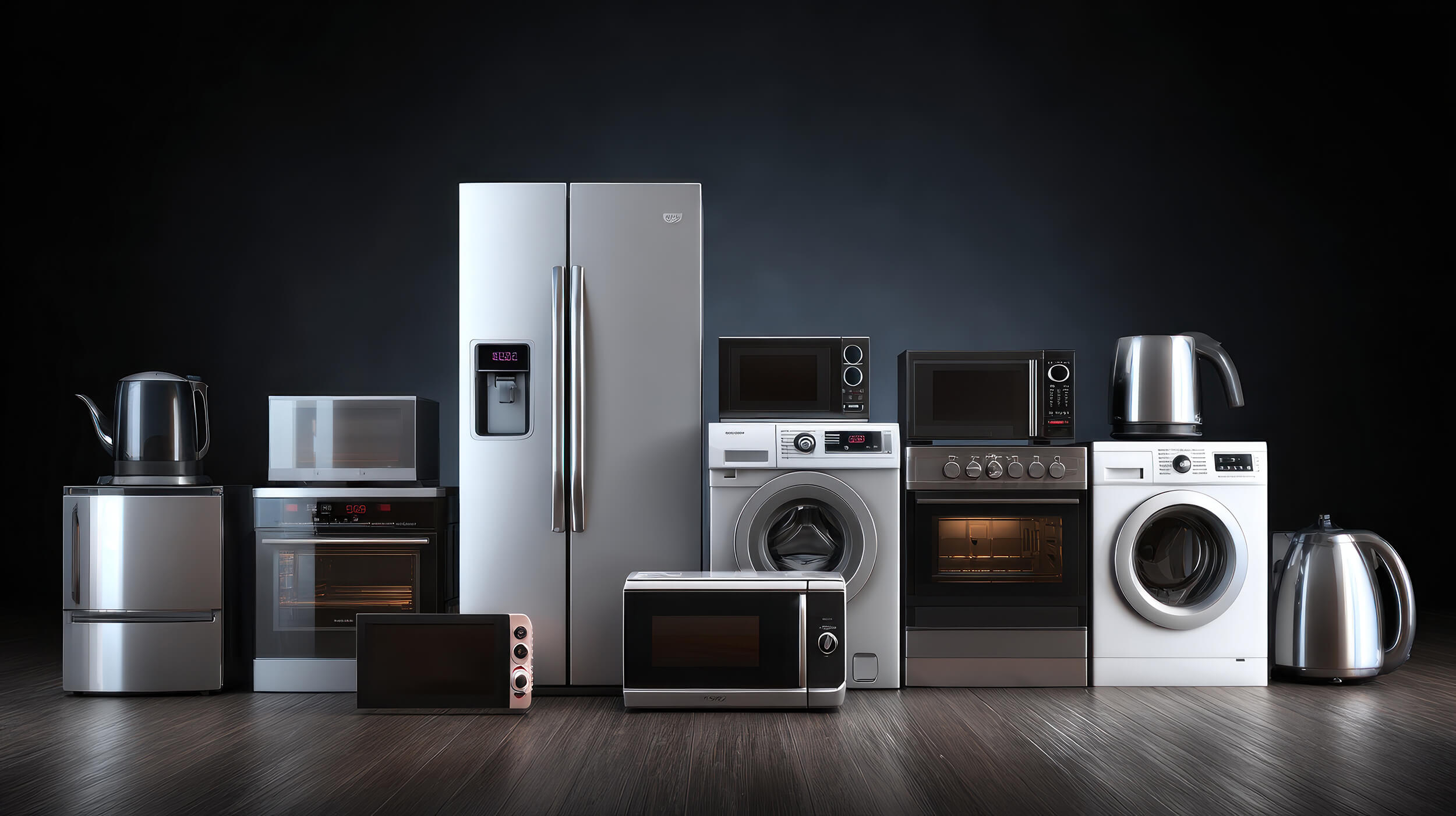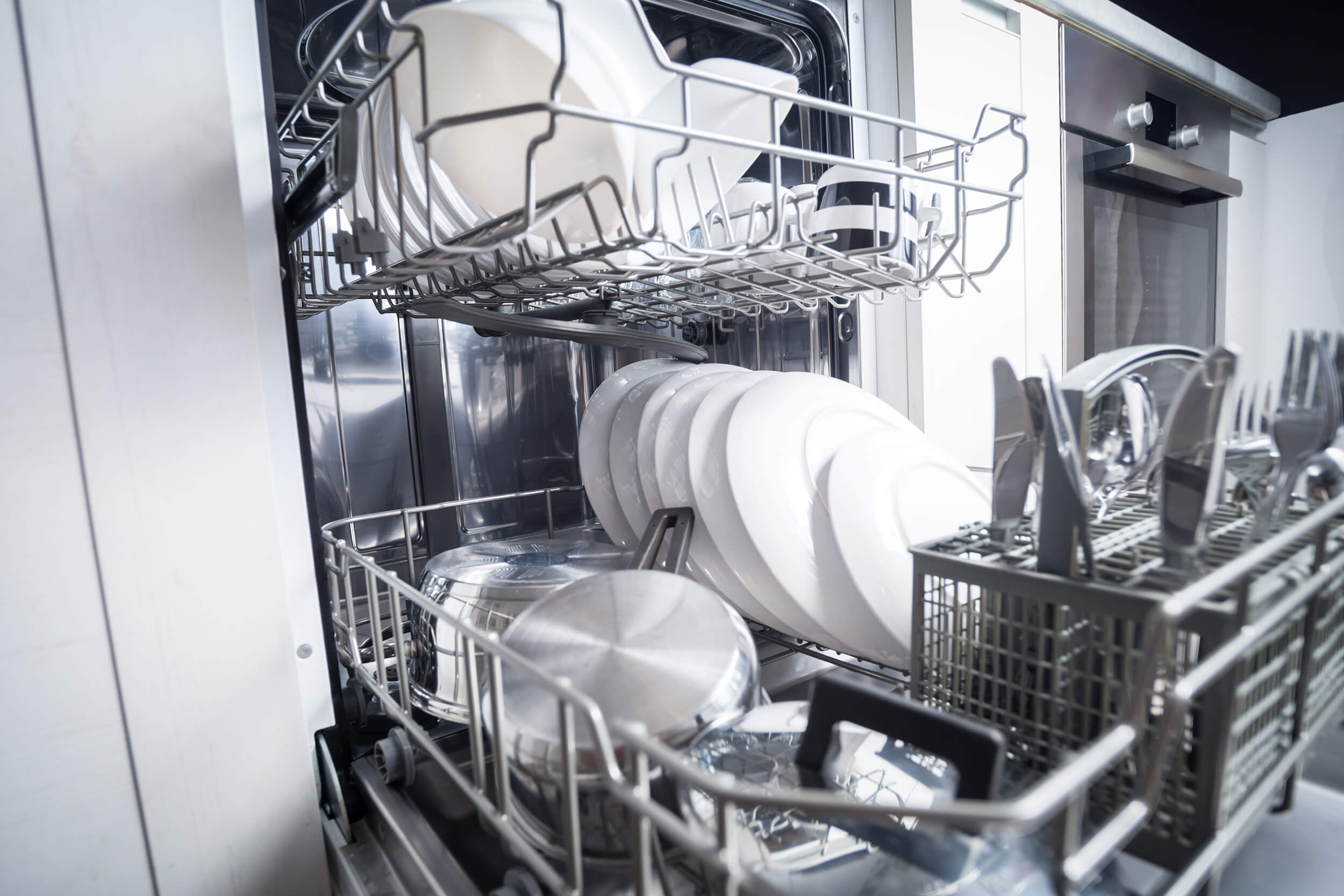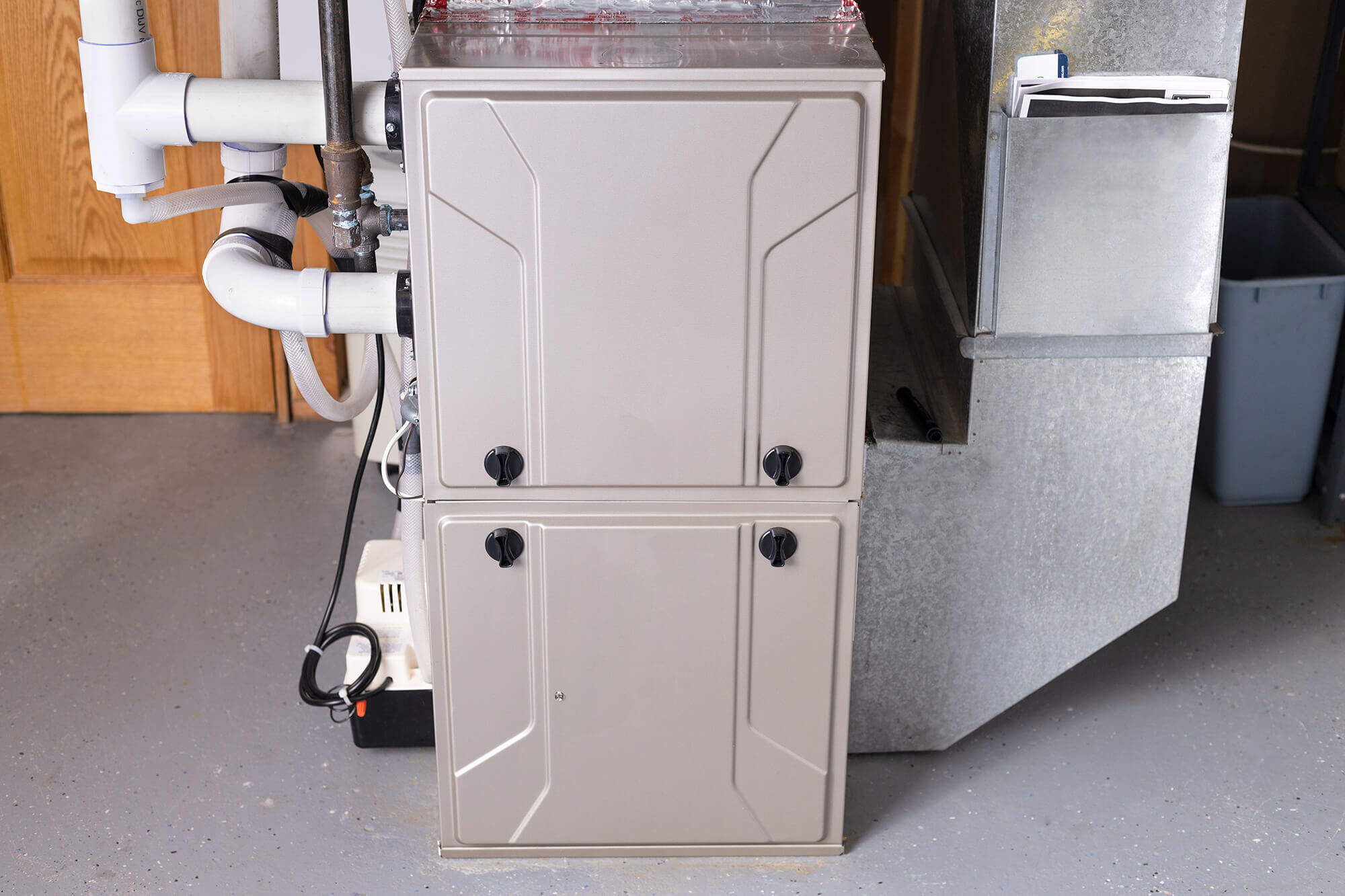Contact: Ben Somberg, 202-658-8129, bsomberg@aceee.org

Washington, DC—Energy efficiency standards for small electric motors proposed by the Department of Energy (DOE) today would save American businesses up to $54.7 billion on utility bills and reduce carbon dioxide emissions by 160.5 million metric tons over 30 years of sales, according to the Department.
The standards are based on a joint recommendation submitted to DOE last year by manufacturers (represented by the National Electrical Manufacturers Association), efficiency advocates (American Council for an Energy-Efficient Economy, Appliance Standards Awareness Project, Natural Resources Defense Council, and Northwest Energy Efficiency Alliance), and utilities (Pacific Gas & Electric Company, San Diego Gas & Electric, and Southern California Edison).
The proposed rule expands DOE’s current electric motor standards to include additional types of small, previously unregulated motors. Millions of these small motors are shipped every year for use in pumps, fans, compressors, and other applications.
“Many small motors on the market today are very inefficient, but with this standard all new models would utilize proven advances in technology,” said Andrew deLaski, executive director of the Appliance Standards Awareness Project. “There are tens of millions of these motors used by businesses and consumers, so this would significantly lower utility bills and slash planet-warming emissions. We worked closely with motor manufacturers and other stakeholders to recommend these efficiency levels, and this standard would have a big impact while minimizing market disruptions.”
The standards set the first efficiency requirements for split-phase, shaded pole, and permanent split capacitor motors between 0.25 and 3 horsepower and certain types of capacitor-start capacitor-run, capacitor-start induction-run, and polyphase motors between 0.25 and 3 horsepower. The new standards would take effect in 2029.
###
The Appliance Standards Awareness Project (ASAP) advocates for appliance, equipment, and lighting standards that cut planet-warming emissions and other air pollution, save water, and reduce economic and environmental burdens for low- and moderate-income households. ASAP’s steering committee includes representatives from environmental and efficiency nonprofits, consumer groups, the utility sector, and state government.




